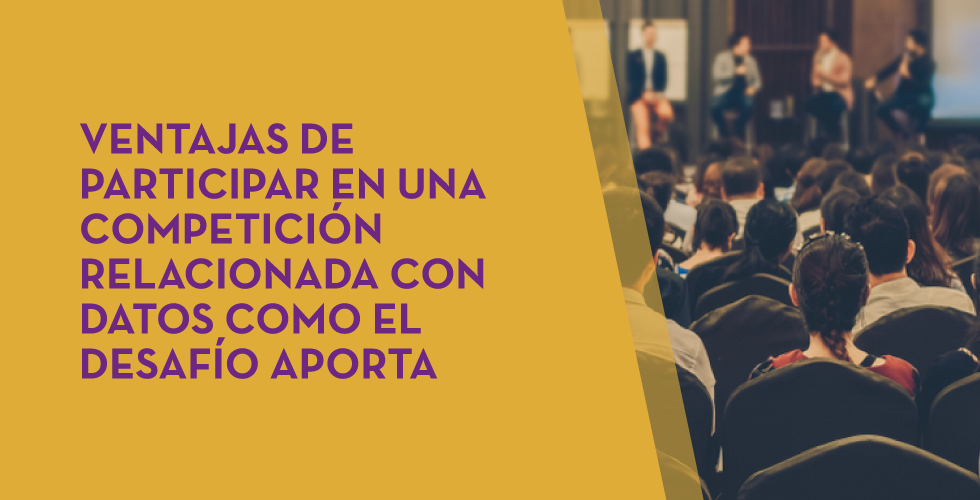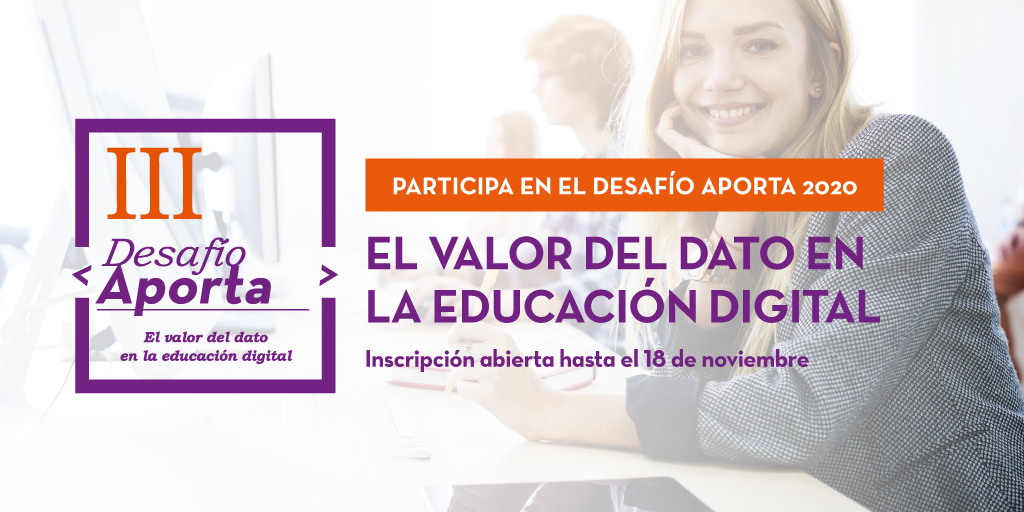11 posts found
DCAT-AP-ES: A step forward in open data interoperability
Context and need for an update
Data is a key resource in the digital transformation of public administrations. Ensuring its access, interoperability and reuse is fundamental to improve transparency, foster innovation and enable the development of efficient public services centered on citizens.
In th…
How to build a citizen science initiative considering open data from the start
Citizen participation in the collection of scientific data promotes a more democratic science, by involving society in R+D+i processes and reinforcing accountability. In this sense, there are a variety of citizen science initiatives launched by entities such as CSIC, CENEAM or CREAF, among oth…
HealthDCAT-AP: The Standard That Connects Health Data to People
Data is the engine of innovation, and its transformative potential is reflected in all areas, especially in health. From faster diagnoses to personalized treatments to more effective public policies, the intelligent use of health information has the power to change lives in profound and meaningful w…
Data policies that foster innovation
The importance of data in today's society and economy is no longer in doubt. Data is now present in virtually every aspect of our lives. This is why more and more countries have been incorporating specific data-related regulations into their policies: whether they relate to personal, busin…
New Year's resolution: Apply the UNE data specifications in your organisation
As tradition dictates, the end of the year is a good time to reflect on our goals and objectives for the new phase that begins after the chimes. In data, the start of a new year also provides opportunities to chart an interoperable and digital future that will enable the development of a robust data…
Application of the UNE 0081:2023 Specification for data quality evaluation
The new UNE 0081 Data Quality Assessment specification, focused on data as a product (datasets or databases), complements the UNE 0079 Data Quality Management specification, which we analyse in this article, and focuses on data quality management processes. Both standards 0079 and 008…
A common language to enable interoperability between open dataset catalogs
Open data plays a relevant role in technological development for many reasons. For example, it is a fundamental component in informed decision making, in process evaluation or even in driving technological innovation. Provided they are of the highest quality, up-to-date and ethically sound, data can…
What are the advantages of participating in a hackathon or data-related competition like the Aporta Challenge?
Hackathons, contests or challenges related to data are a different way to test your ideas and/or knowledge, while acquiring new skills. Through this type of competition, solutions to real problems are sought, often in multidisciplinary teams that share diverse knowledge and points of view. In additi…
How to contribute to improving digital education through the Aporta Challenge
The Aporta Challenge, in line with many other initiatives promoted by public administrations, could not be unaware of the great challenges we are facing in this year 2020. For this reason, its third edition, while fulfilling its usual objective of promoting the use of data and related technologies,…
The Aporta Challenge moves on to the 2nd phase after selecting the 10 best ideas of the 45 presented
The first phase of the Aporta Challenge 2017: The value of data for the Administration has come to an end. The competition "How to reuse open data to improve efficiency in public administration", promoted by the State Secretariat for the Information Society and Digital Agenda, the Public Body Red.es…









